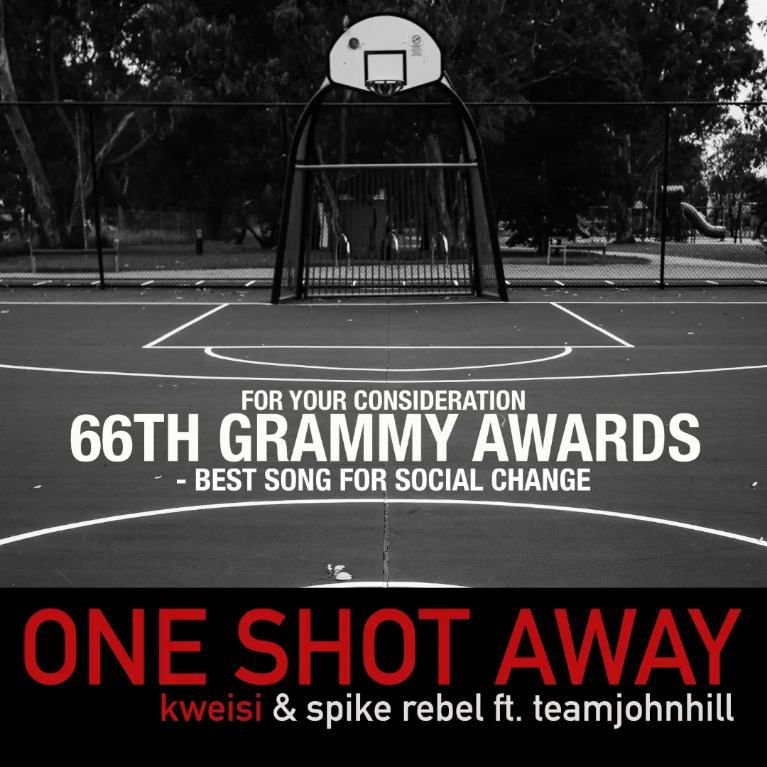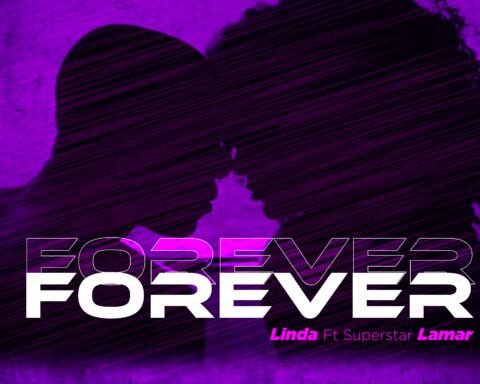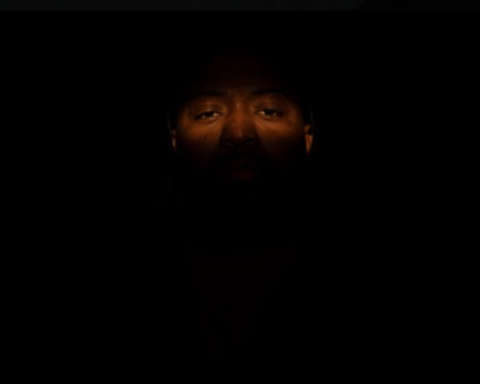Mitski likely didn’t know the Pandora’s Box she was opening while producing her debut album. Though the 2012 LP, Lush, was self-released — and reportedly doubled as a project for her junior year at SUNY Purchase — it carries the grand orchestral drama of a seasoned singer/songwriter, her already clarion vocals bolstered by clever songwriting. Just over a decade later, she’s now idolized as a celestial being in a pantheon somewhere between indie pop star, poetic genius, and voice of a generation.
But Mitski’s level of success has had its pitfalls. Despite her rather coy image and indie background, Mitski has garnered a rabid following with the stan culture of a stadium-filling act (for one, there’s a Twitter account called “mitski’s archive” that managed to track down rare footage of her college days). In turn, Mitski’s career has often rung with a certain tension and internal conflict — yet, remarkably, the music has always remained transcendent.
Resilience has long been part of Mitski’s journey, even before she realized she could turn to music as an outlet. Born in Japan to a Japanese mother and American father, Mitsuki Miyawaki spent much of her youth traveling internationally because of her father’s job. Having to do that over and over — let alone as a mixed-race, Japanese-American child dropped into the Czech Republic or the Democratic Republic of Congo — was likely bewildering. But music gave some sense of home, of certainty: “Whenever she was lonely in a new house or city or country, she’d walk around and hum invented fragments of melody,” Margaret Talbot wrote in a profile of Mitski for The New Yorker.
But still, she didn’t fully find what she was looking for until high school, when she joined a choir, and then began writing songs in her teens. “As a teenager, I didn’t want to be alive…I just wanted to be dead. I didn’t have anything I was good at, because I didn’t know I could make music yet,” she told Talbot.
Settling into the United States for high school and then college, she dove head first into what music could offer. As Lush proved an incredible first step, another college-era project, 2013’s Retired from Sad, New Career in Business, reinforced its predecessor’s blend of chamber pop and indie rock flourishes; it was also her first in partnership with producer Patrick Hyland, who has worked on every Mitski album since. Both heady and delivered straight from the heart, poetic yet knifepoint-sharp, the one-two punch of Retired and Lush introduced a well of great potential.
Mitski’s third album, 2014’s Bury Me At Makeout Creek, served as a tidy turning point as her spotlight warmed up — especially because it was her first release with an independent label, Double Double Whammy. It’s as if Mitski realized that people were drawn more to her than to the piano, and began exploring other ways that her intimate songs of pain and love could play out.
Rather than rely on the orchestra to underscore her rich, low-slung vocals, the fuzzier compositions embrace the roiling emotion they convey — ragged edges of distorted guitar and squared synth where once Mitski would have pinned everything together with a string section. What’s more, the album’s guitar-driven indie rock gave the feeling that she’s sonically exploring her newly minted status as a signed indie rock touring act.
Removed from some of the preciousness of her college records, the distortion propelling “Townie” or the electronic percussion on “I Don’t Smoke” pushed a rough-hewn color through Mitski’s lyrics — underlining the uncertainty, the struggle, the hurt feelings that her storytelling implies. The musical complexities emphasized the lyrical conflict, and the propulsive energy was undeniable.







